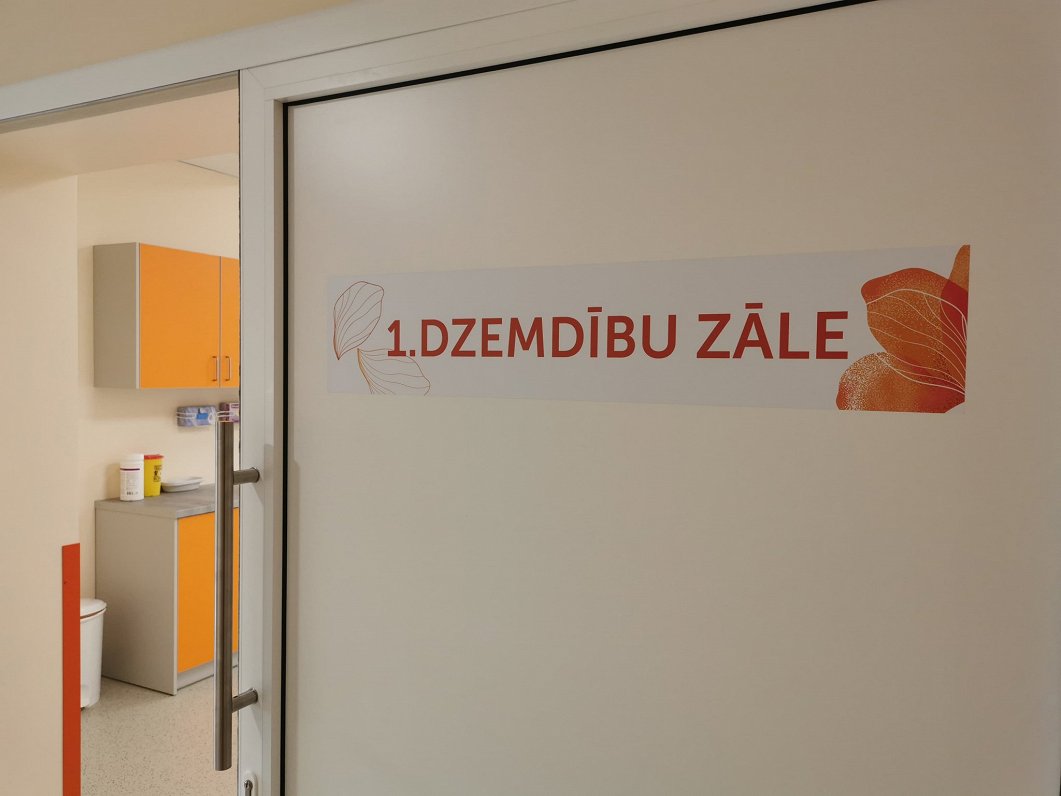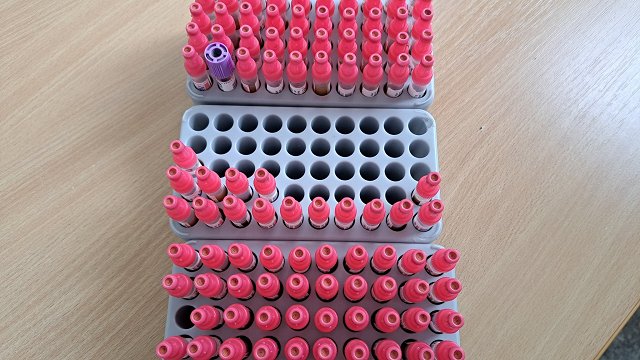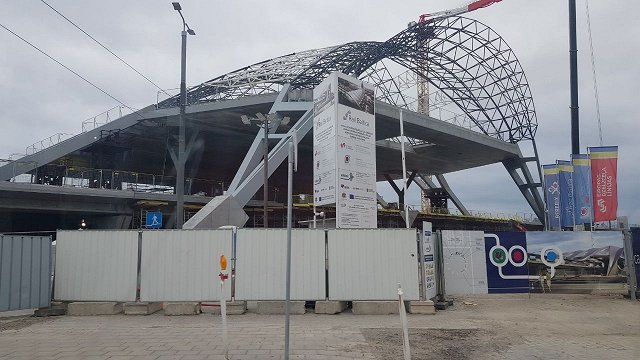The most active phase of the study will run from June 3, 2024 to May 31, 2025, the university said. During this period, all women who attend an outpatient visit to a gynecologist at the Riga Maternity Hospital within 4-6 weeks after giving birth will be evaluated further. The aim is to find out whether mothers suffer from postnatal depression and what are the possible risk factors for postnatal depression that, if noticed, could lead to early detection and help.
At the same time, tools to assess the risk factors and severity of postnatal depression will be adapted to Latvian conditions and can be introduced in clinical practice to thoroughly assess and help both pregnant women and new mothers, the RSU said.
During the study, the researchers will also assess the support system currently available for women with postnatal depression and provide support to the professionals involved in their care through remote counseling.
RSU promises to share the first results and conclusions of the study at the end of 2025.
Professor Elmārs Rancāns, Head of the Department of Psychiatry and Narcology at RSU, the initiator and leader of the project, said that it is worrying that in Latvia there are still no specific prevalence rates for postnatal depression, which would allow a more accurate determination of how many women should be helped.
"In recent years, fewer than 100 women have sought help for this problem in the country's psychiatric services, which obviously does not reflect the real situation. There are also no instruments to assess the risk factors and severity of postnatal depression adapted to Latvian conditions, such as the widely used Edinburgh Postnatal Depression Scale, the Patient Health Questionnaire-9, and there is no evaluated and improved system of care for women with postnatal depression," he said.
Dace Rezeberga, Head of the Department of Obstetrics and Gynaecology at RSU, senior researcher, RDzN Chief Physician, Chief Specialist in Obstetrics and Gynecology at Riga East Clinical University Hospital and the Ministry of Health, said: "In Latvia, gynecologists, obstetricians, midwives, and health policymakers are increasingly focusing on the well-being of the pregnant woman and new mother to make pregnancy and childbirth a positive life experience. Mental health is an essential element of well-being. However, despite the fact that the perinatal algorithms adopted in Latvia provide for regular assessment of a woman's emotional state, this does not always happen in clinical practice, perhaps because we do not have data on the prevalence of the problem in the country. The study is a good opportunity to talk about this issue and make it heard by care providers and women themselves."































